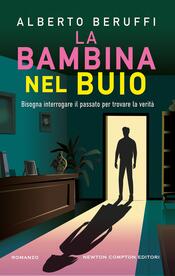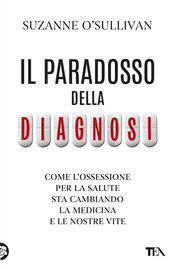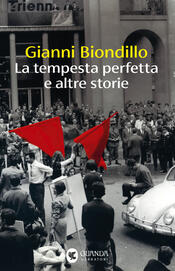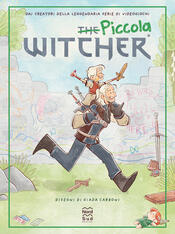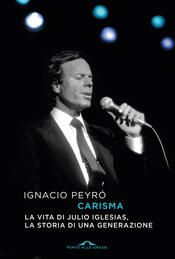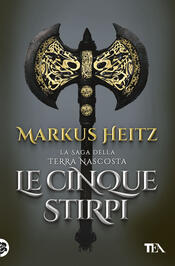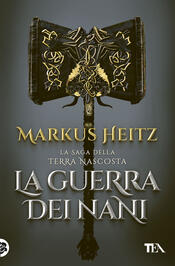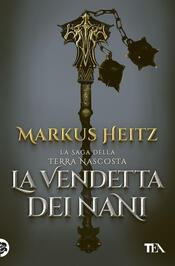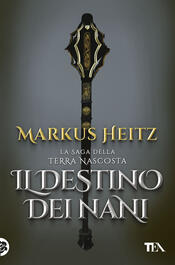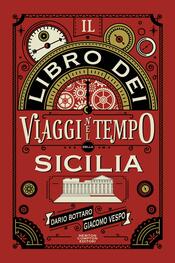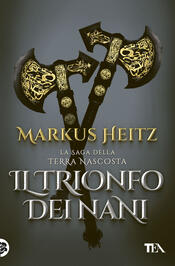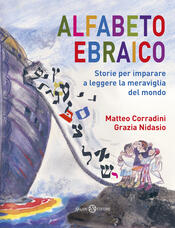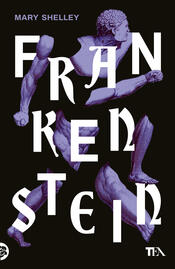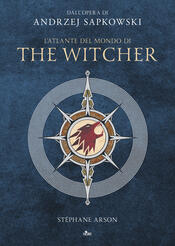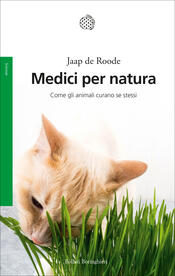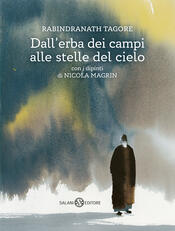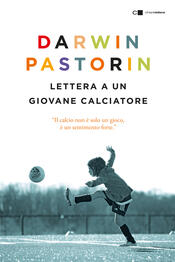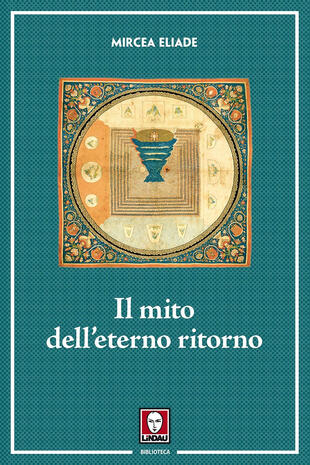

Sinossi
Il mito dell'eterno ritorno è il frutto di uno studio che Mircea Eliade aveva compiuto sull'uomo delle società arcaiche, o «tradizionali», sia quelle che vengono comunemente definite «primitive», sia quelle che espressero le antiche culture dell'Asia, dell'Europa e dell'America. Concentrandosi sulla concezione che l'uomo aveva di sé stesso e del posto che occupava nel cosmo, ne mostra la sostanziale differenza rispetto a quella moderna, fortemente influenzata dal giudeo-cristianesimo. Nelle società arcaiche l'uomo era solidale con il cosmo e i suoi ritmi e aveva una concezione circolare del tempo. Attraverso il mito dell'eterno ritorno e le cerimonie e i riti che ripetono e riattualizzano gli avvenimenti dell'inizio del tempo, le civiltà tradizionali rigeneravano simbolicamente il cosmo e la società. Con questo saggio, che considerava «come il più significativo» dei suoi libri, raccomandando di leggerlo prima di tutti gli altri, il grande storico delle religioni propone quella che riteneva un'introduzione a una filosofia della storia. Dopo aver illustrato il modo in cui l'uomo tradizionale riusciva a «sopportare» la storia, Eliade affronta il problema degli storicismi attuali e fornisce all'uomo una guida rispetto a una questione che considera essenziale, l'individuazione di ciò che «permette anche all'uomo moderno di sopportare la pressione sempre più potente della storia contemporanea».
- ISBN:
- Casa Editrice:
- Pagine: 184
- Data di uscita: 31-10-2018
Recensioni
اول سه ستاره دادم، چون بیشتر مطالب کتاب برای من تکراری بود از مطالبی که قبلاً در اسطوره و واقعیت و اسطوره، رویا، راز از الیاده خونده بودم. اما بعد دیدم حق این کتاب چهار ستاره است. چون اگر این کتاب رو قبل از اون دو کتاب می خوندم، قطعاً به همون اندازه از تحلیل های دست اول و جذابش لذت می بردم. کما این ک Leggi tutto
To Transcend Profane Time It is always a joy to read a great man's greatest book- and the author himself considered this to be the most significant of all his works. He would expand the central concepts elsewhere, but it is here that they first seem to burst forth. The way he rattles out references
eliade's central premise is that to 'archaic' man an object or act only becomes 'real' insofar as it imitates or repeats an earlier archetype. more than that: man's very experience in the stream of time is altered, shifting from the profane to the sacred, only when he duplicates an earlier archetypi Leggi tutto
سرزمینم را به من بدهید تا در آن برقصم و تبدیل به خدایان شوم! شاید توانسته باشم این کتاب را در این اظهار نظر خلاصه کنم. گسترش سرزمین و تمدن و رفتار مبهم و زیبای رقص، هر دو نمایندۀ آرمان های انسان ها در طول تاریخ بوده و هست. میرچا الیاده، در کتاب حاضر، با جریان شناسی اسطوره ای و زمانمند سعی در ریشه شنا Leggi tutto
لطالما أردت أن أعرف أكثر عن العود الأبدي الذي طرحه كونديرا في رائعته "كائن لا تحتمل خفته"، لم أكن أتوقع أن أجد نفسي أمام كتاب كهذا، مليء بالاساطير المثيرة للاهتمام، وأمام كاتب يكتب بأسلوب مترابط ومفهوم، وأمام مترجم جيد يسهل فهم الكتاب علي. Leggi tutto
سيطرت على البشرية اكذوبة قديمة اخذت تتضخم : ان طل شيء يتكرر ولذا يعيش كثير من الناس حيواتهم كما يمليه عليهم المجتمع او الاخرين لاعتقادهم انهم ينفذون المقدر لهم وحتى قضية الحياة الاولى للبشر في فردوس قبل الخطيئة والطقوس التي كل ماتقوم به هو تدمير الحياة بشكلها الحالي لتولد من جديد على شاكلة الفردوس ال Leggi tutto
While modern man is primarily an historical being—his life and world grounded with little transhistorical remainder in a succession of concrete, unrepeatable, irrevocable events—archaic man understands history as a “fall” from the real and enduring “paradise of archetypes” into an intolerable condit Leggi tutto
I read this book at nearly the perfect time, with a great percentage being undertaken around a Christmas/New Year holiday. The great thing about this book is that it provides a new lens to interpret our own lives while making 'ancient' cultural practices legible, and occasionally more familiar than
Citazioni
Al momento non ci sono citazioni, inserisci tu la prima!


